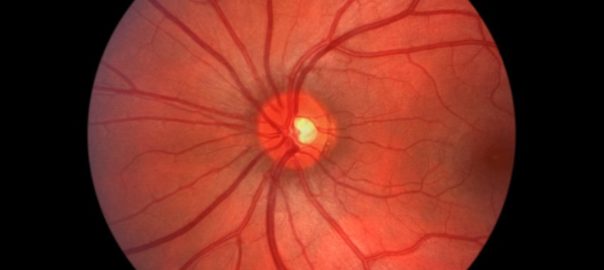Innovative Stem Cell Technique for Macular Degeneration

In a major breakthrough, doctors have developed a new technique to cure age-related macular degeneration (ARMD), the third leading cause of blindness around the world. An 86-year-old patient in the United Kingdom has regained sight in one eye after undergoing the procedure. This pioneering stem cell therapy was performed at a London hospital. Human embryonic cells were grown in a mesh in the laboratory which was delicately placed into the patient’s eye.
The patient, who had developed severe ARMD a few years ago, is thrilled with the result. The disease affects the macula, the part of the eye that is responsible for straight vision, facial recognition, and activities such as reading and watching TV. Before the procedure, the patient had very poor vision and could not see anything out of the affected eye. The technique has given him his sight back.
The rods and cones in the macula which are responsible for sensing light are supported by a layer of retinal pigmented epithelium (RPE). Failure in this layer leads to macular degeneration and the resultant blindness.
The new stem cell technique is used to build the RPE in the laboratory. Doctors then surgically implant it back into the eye. The details of the procedure have been described in the journal Nature Biotechnology. It utilizes embryonic stem cells that can become all types of cells in the human body including the RPE which is embedded in a mesh or scaffold for support. The patch which is implanted into the eye measures 6 mm x 4 mm and is only 40 microns thick. The entire procedure lasts approximately 2 hours.
Scientists are encouraged by the ability to restore vision in a previously blind eye. It is the first instance where age-related damage has been reversed with stem cell technology and a specific part of the eye has been repaired. The doctors warn, however, that this is not a complete cure and it does not restore entirely normal vision. Another woman in her 60s who could not read with the affected eye has undergone the same procedure and is now able to read at a good speed. The clinical trial has enrolled an additional eight patients who will be monitored carefully for signs of adverse effects such as cancer.
According to Professor Pete Coffey of the UCL Institute of Ophthalmology, this could possibly lead to an off-the-shelf affordable therapy for macular degeneration in what would be a major step forward for regenerative medicine. Doctors hope the same technique will be applicable to another form of macular degeneration known as dry ARMD. Only further studies will tell whether this therapy is conclusively effective.
References:
- http://www.bbc.com/news/health-43458365


